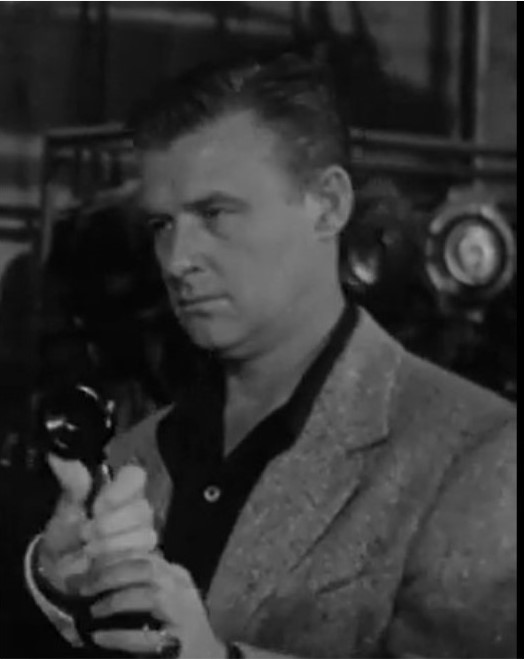The minor character of a Hollywood crewman in Sunset Boulevard plays a functional role in highlighting how people with success are treated by others. While his role is mostly focused on highlighting DeMille’s character, naturally some comparative points arise in considering the success of DeMille in contrast to that of Norma Desmond. When Desmond comes to visit the studio, the crewman delivers news of her arrival to DeMille. When DeMille is unsure of what to say, the crew member offers to “give her the brush”, but DeMille demonstrates empathy for Norma’s fall from stardom, saying: “thirty million fans have given her the brush, isn’t that enough?” (Sunset Boulevard). This interaction shows that despite thinking her script is “horrible”, DeMille’s own success hasn’t made him cold. This is in stark contrast to Norma, who is cold and expecting of the world.. DeMille treats her situation with empathy. The crewman also highlights in this scene how eager people can be to please those with success, a running theme in the film. The crewman sees Desmond as a problem to get out of DeMille’s way, while DeMille sees her as a victim of achieving stardom in her younger years. There is another point of comparison here, as DeMille is not impressed by the crewman’s trying to please him. Norma, however, adores the attention that comes from Hollywood, and expects it from others due to her past successes.
The crewman also demonstrates through his actions the convenience that comes with being successful. DeMille asks the crewman to make a phone call for him, so the recipient of the call will be waiting on the line for him. As an important and busy director on a set, DeMille does not have time to dial a phone number. After the call is over DeMille does not hang up the phone himself, rather, DeMille passes the phone to the crewman for the crewman to hang up. This small sequence with the phone is what Christian Keathely refers to as ‘business’ in his essay Pass the salt … and other bits of business. Business in film, according to Keathely, can be a mundane object or occurrence that the director gives meaning to. What is important is that “the business… integrates and balances two apparently contradictory functions: on the one hand, the action is carefully selected and thus subtly meaningful, relevant to character and theme… on the other hand, the action also appears (indeed, must appear) arbitrary, meaningless and natural” (Keathley). In Sunset Boulevard, director Billy Wilder uses this mundane telephone to reveal something thematic. While DeMille has already demonstrated humility to the viewer, this small scene of passing the telephone off to a crewman subtly points towards the conveniences that can come with success. Who else could pass their phone off for someone else to hang up? In these examples, the Hollywood crewman highlights one of the film’s themes of appeasing big Hollywood names, while also bringing to light DeMille’s humility in his own character.
Works Cited
Sunset Boulevard. Directed by Billy Wilder, performances by William Holden, Gloria Swanson, Nancy Olson, and Cecil B. DeMille, Paramount Pictures, 1950.
Christian Keathley, Pass the salt … and other bits of business, Screen, Volume 52, Issue 1, Spring 2011, Pages 105–113, https://doi.org/10.1093/screen/hjq065

Provide Feedback